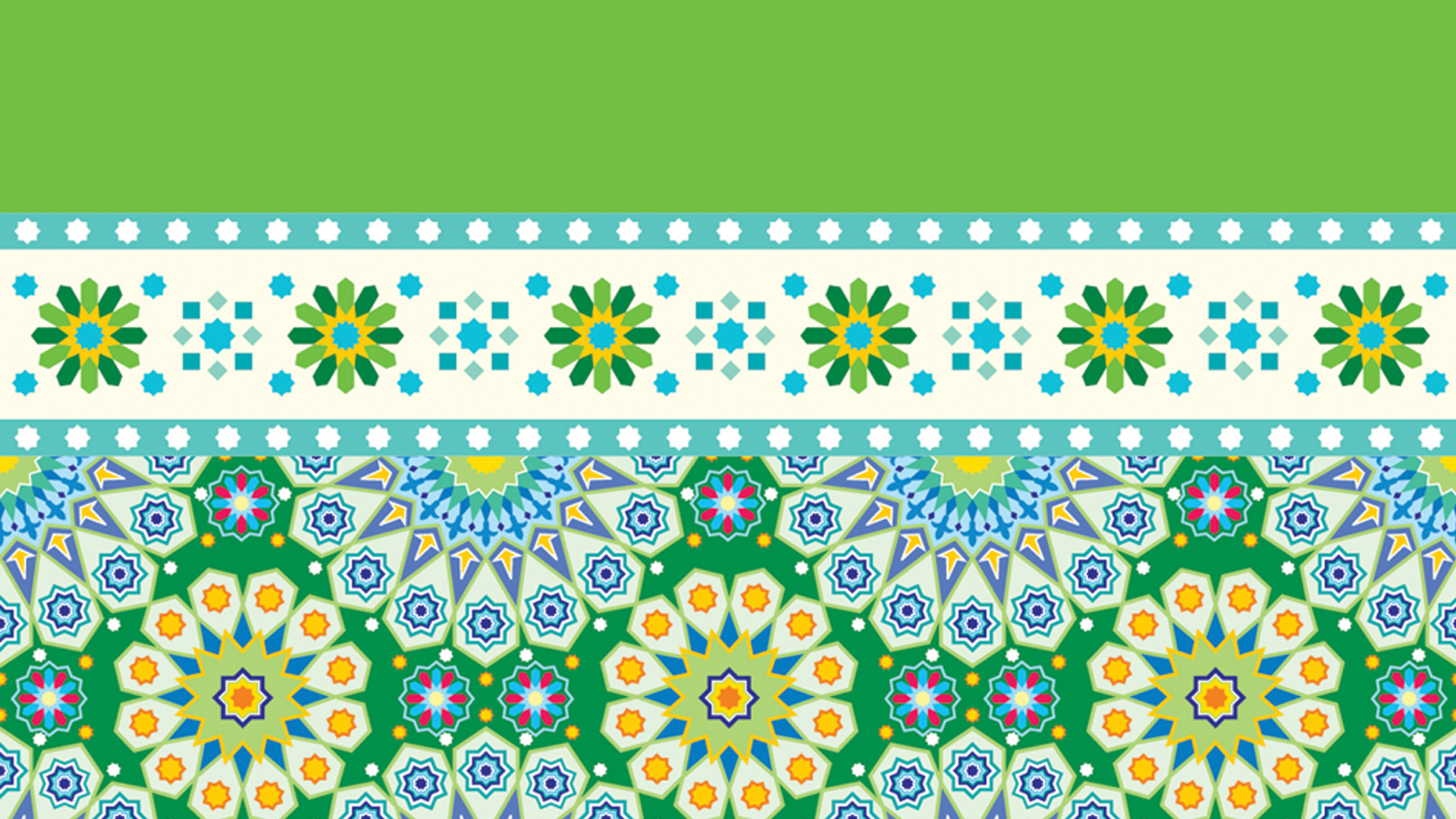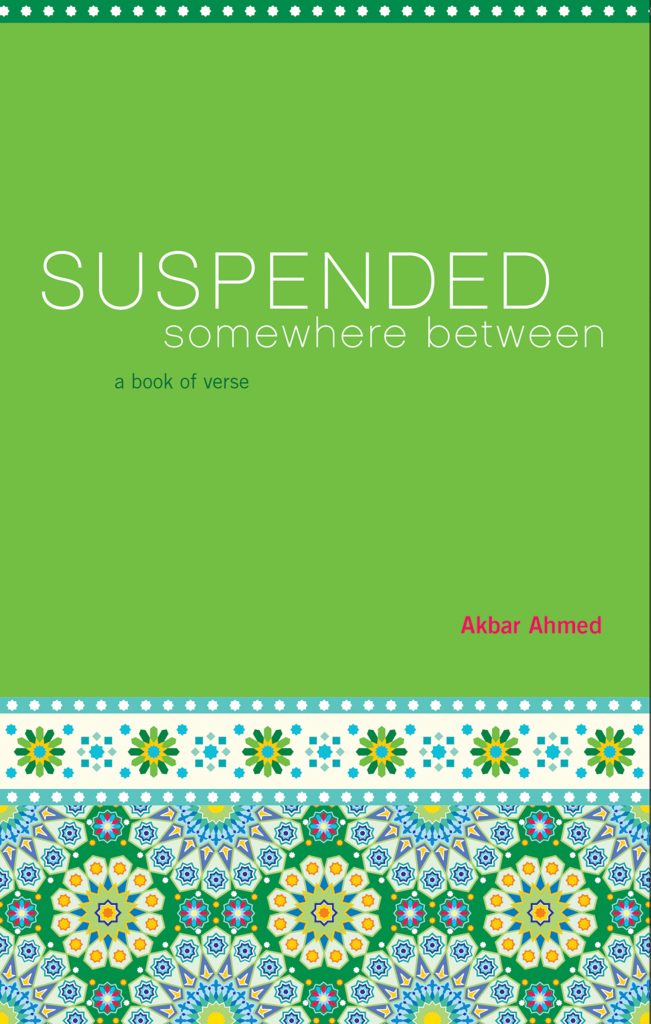By Manjula Kumar
Global India Newswire
December 21, 2011
From my childhood to adulthood poetry has been an illumination and a guiding force for seeking peace and solace. To love poetry is to love Life in all its myriad forms. Through history poetry has provided people with an instrument to seek love and harmony.
Throughout the world, poets from diverse cultures and nationalities have built bridges of understanding through the power of poetry. Each generation, while continuing in tradition, has found new expressions.
In our own times, the recently published book of poems Suspended Somewhere Between by Dr. Akbar Ahmed reflects on the woes of our contemporary society within a global context. This is his first book of poetry and it embodies the voice of a scholar, the pain of a historian, the depth of a diplomat, but most of all it is the voice of a deeply sensitive and caring human being.
The work embodies the experiences, emotions, thoughts and aspirations of an intellectual with an imagination and a painter’s eye. The work is a blending of the East and the West—reminiscent of Sufi poets like Ghalib and Faiz with echoes of the Romantic poets—Shelley and Keats.
For a writer, poetry demands a different sensitivity. It demands the bearing of one’s soul. It requires one to dig into the deepest crevices, and that is why the best poetry is a catharsis—a catharsis for the poet as well as the reader. Dr. Ahmed’s poetry is a vivid example of such cleansing and healing for the poet and the reader.
The title of the anthology is based on the poem from the collection “Prospects.” The intensity of the poet enables the reader to share, to empathize and to identify with the “suspension.” All of us feel “suspended”—geographically, in time, between generations, between disparate cultures.
The deeper meaning in
the poetry is the suspension—the pain and the challenges of living and
struggling in today’s society and the challenge we face to find the
delicate balance between the spiritual and the material, the practical
and the abstract.
Prospects
Suffering from the Siddhartha syndrome
modern urban man confronts his prospects:
secure with wife, child, house and car.
Serenity is what we strive for;
survival
what we settle on
suspended somewhere
between the two
with a confusing backdrop
of various cultural influences
we
invariably, ultimately
settle for
survival:
The collection is divided into five sections—Pakistan, Love, Islam, Echoes of History and Pensees and is written in free verse that allows for flexibility of expression. Dr. Ahmed’s work is unpretentious but rings true, modest and sincere. There is no artificiality, no arbitrary chiseling; it simply touches the heart and uplifts the soul.
What is it that I seek?
I heard it in Rumi’s poetry
I know it was in Gandhi’s gaze
I sensed it is Mandela’s oratory
I saw it in Jesus’ ways
The collection embodies a wide range of topics from the first very personal autobiographical note “Train to Pakistan” to “The Song of China” from the highly evocative “Nauroz” to the romantic “Zeenat, Princess of my Heart.” The tone varies from deeply introspective and reflective to the romantic and emotive as in:
To my Mother
when I know that at midnight
she sits up praying to her God
to keep me warm and whole,
when I know that she will still bless me
though I give her eyes cause to tears . . .
The first section dedicated to Pakistan is not just a historical documentation but a personal odyssey; often painful and thought-provoking but always caring. The poem “The Small Boy by the Road” evokes a real tragedy in our world of glaring inequalities:
Small Boy by the Road
enough of princes and presidents
let us hear
of
humans and human beings
of the small boy with black eye sockets
as big as his black beret
already worn
all ready for sleep.
But who knows
or cares
Dr. Ahmed, the historian is also a poetic painter as evident in the very powerful and intensely apocalyptic piece “They are taking them away.” While based on actual history—the creation of Bangladesh in 1971—it rings a universal message about the horrors and the senselessness of war. The entire piece has an amazing cinematic quality that pulls at the heartstrings.
They are Taking them Away
have you ever seen
a child’s head crushed like a coconut
or a proud man cry like a baby
women, like broken toys,
on the rail tracks to Santahar Junction
bright flags fluttering from their thighs
does it matter
which side did this
or why
Walking
in the path of earlier Sufi poets and continuing the search for the
divine through poetry Dr. Ahmed is constantly voicing a message of love,
peace and harmony.The Path
I see those who find the divine in the Ganges
Or on top of the Himalayas
They find the divine in the noble doings of Lord Rama
Yet others find other paths
I wish them all Godspeed
For all of them are part of the “nations and tribes”
That the Quran tells me I must love
So that I can love my God
Dr. Ahmed’s deeply introspective and scholarly work is part of a Muslim collective—the ilm—and embodies his life-long passion for Knowledge. His strong individual voice is always working within the larger human framework. He never rejects his religion, he begs for a deeper understanding: he glorifies it and shares it with all humankind. His religion, while always personal and sacred has universal underpinnings, as in the following:
The Meeting
I saw
in the corner of my eye
a flash of colour
yellow, green and silver
a snake—the deadly village viper
it stood stock-still by the prayer mat
still as the world around me
and—as unreal
and in that eternity
we were suspended in
a perfect harmony of calm and poise:
man and animal;
we were one in the house of God—
it waited for me
to turn my head in salaam
and when I looked—it had gone.
In a world torn by terror and violence, the clear, poignant and eloquent poetry of Dr. Ahmed is recommended reading—rather prescribed reading. This is not “escapism,” it is a reiteration and a reaffirmation of Life. As we approach the holiday season, his vision for a new world and his message of Peace, Love, Humanity, Harmony and Understanding is a gift for all. This collection of poems will continue to inspire and heal generations to come. (Global India Newswire)
Manjula Kumar is a Program Director at the Smithsonian Institution in Washington, D.C.







